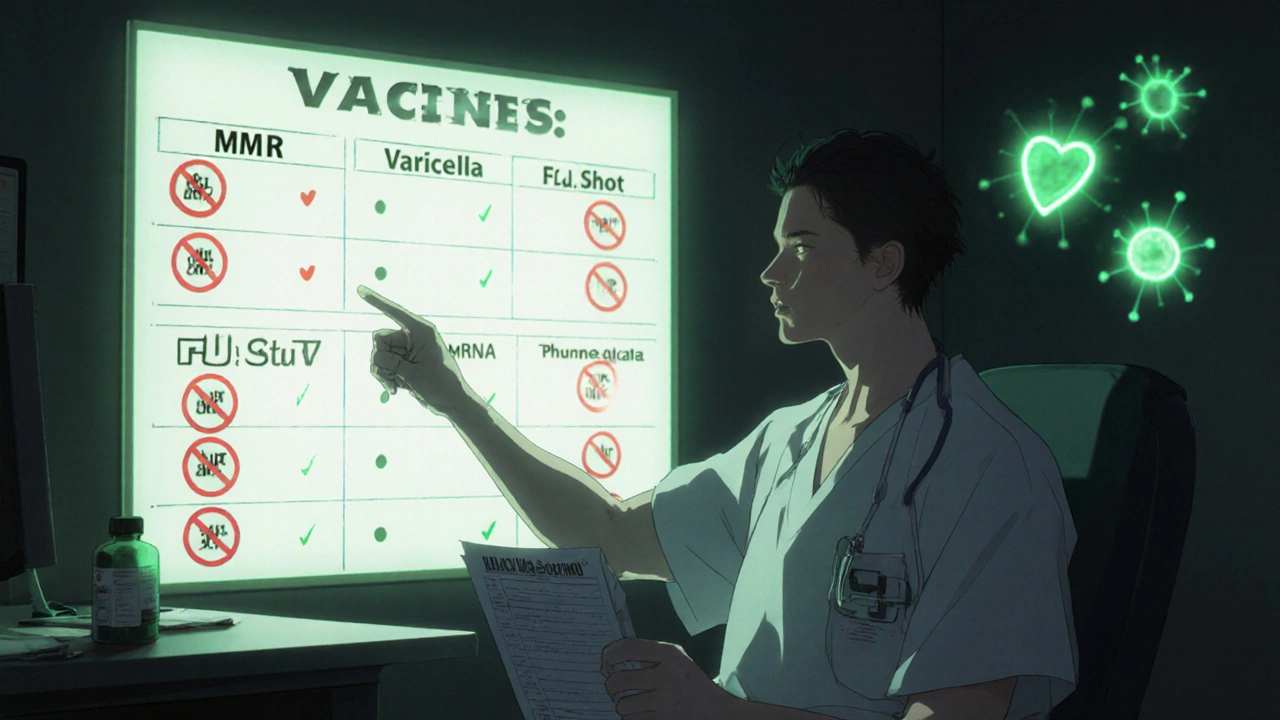COVID-19 Vaccine for Immunocompromised: What You Need to Know
When you’re immunocompromised, a condition where the immune system doesn’t work as it should due to disease, medication, or treatment. Also known as immunodeficient, it means your body has a harder time fighting off infections like COVID-19. That’s why the standard two-dose vaccine schedule often isn’t enough for you. Studies show people with conditions like organ transplants, active cancer treatment, advanced HIV, or autoimmune diseases on strong immunosuppressants may not build strong protection after the initial shots.
The COVID-19 vaccine, a medical product designed to teach the immune system to recognize and fight the SARS-CoV-2 virus still works—but it needs help. That’s where booster shots, additional doses given after the primary series to strengthen or restore protection come in. The CDC recommends at least three initial doses for most immunocompromised people, followed by updated boosters every 6–12 months. Timing matters too. If you’re on chemotherapy or biologics, your doctor might suggest scheduling your vaccine between treatments when your immune system is least suppressed.
It’s not just about the number of shots. Some people need extra monitoring. Blood tests can check for antibodies after vaccination, though even low antibody levels don’t always mean no protection—T-cells still play a role. You might also need to rely on other tools: Evusheld (when available), early antiviral treatment if you get infected, and masking in crowded indoor spaces. Your risk isn’t the same as someone with a healthy immune system, so your protection plan shouldn’t be either.
The good news? Many immunocompromised people who get extra doses see real improvement. One study of transplant patients showed antibody levels tripled after a third dose. Another found that adding a fourth dose helped nearly half of those who still had no detectable antibodies after three. This isn’t about perfection—it’s about giving your body every chance to respond.
What you’ll find below are real, practical guides from people who’ve been through this. From how to talk to your doctor about timing your shots to understanding which medications interfere with vaccine response, these posts cut through the noise. You won’t find fluff. Just clear, no-nonsense advice on staying protected when your immune system needs a little extra help.

Vaccinations While on Immunosuppressants: Live vs Inactivated Guidance
Learn the 2025 guidelines for getting vaccinated while on immunosuppressants. Know which vaccines are safe, when to get them, and how to avoid dangerous mistakes with live vaccines.
